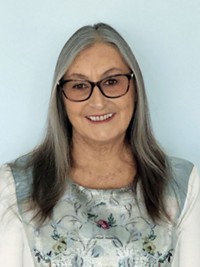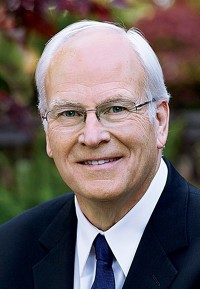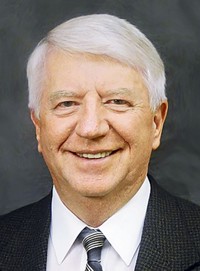Advertisement
Grab your lab coat. Let's get started
Welcome!
Welcome!
Create an account below to get 6 C&EN articles per month, receive newsletters and more - all free.
It seems this is your first time logging in online. Please enter the following information to continue.
As an ACS member you automatically get access to this site. All we need is few more details to create your reading experience.
Not you? Sign in with a different account.
Not you? Sign in with a different account.
ERROR 1
ERROR 1
ERROR 2
ERROR 2
ERROR 2
ERROR 2
ERROR 2
Password and Confirm password must match.
If you have an ACS member number, please enter it here so we can link this account to your membership. (optional)
ERROR 2
ACS values your privacy. By submitting your information, you are gaining access to C&EN and subscribing to our weekly newsletter. We use the information you provide to make your reading experience better, and we will never sell your data to third party members.
Comment
How the ACS board encourages member input
by John E. Adams, Chair, ACS Board of Directors
April 28, 2019
| A version of this story appeared in
Volume 97, Issue 17

Before each of our American Chemical Society Board meetings, we who are privileged to serve as ACS directors receive hundreds of pages of reports and statistics as background for our deliberations on the strategic issues facing the society. These facts and figures typically are compiled by staff, by the many governance committees, or by special task forces charged with exploring particular topics. To properly address the needs of the participants in the greater chemistry enterprise, though, we need to hear from those participants directly. In short, we need to hear from you, the members of ACS.
We realize, of course, that having direct, in-depth conversations with over 150,000 people is impossible, so we must collect your feedback and ideas in other ways. Some of that feedback comes from your responses to member surveys; more direct input is obtained when we attend regional or local section meetings and are able to speak face to face with members. We also hope that members read our C&EN Comments—you obviously do, because you are reading one now—and then respond to us. Alternatively, we could tweet our hearts out or post multiple YouTube videos, but many of us do not aspire to be social media stars. In all these cases, there is the additional issue of timeliness; sometimes we need to react rapidly to unforeseen existential challenges to ACS.
While I would posit that there is no perfect solution here, I do believe that we at least can expand the opportunities for members to contribute to the dialogue on issues of current interest. This year we are experimenting with using the regular sessions of the board of directors (the open meetings) at the two national meetings to offer such opportunities. These sessions have been used in various ways over the years; some of them were memorable, others were snooze worthy. A decade or so ago, the regular session consisted of the board sitting around a table hoping that members would stop in and share their concerns. A few folks might wander in to complain or, just as likely, come in because they were looking for a technical session and got lost. The board then, in an attempt to upgrade the utility of these sessions, began posing discussion topics to prompt member comments and also began providing lunch for those who attended.
This revised meeting format was moderately successful, although the draw of a free lunch likely outweighed the draw of the discussion topics. A few years later, however, we were able to have Alan Alda speak about science communication with the public during the board’s regular session, and to the surprise of no one, the session was packed. Its success then prompted the board to invite a succession of speakers to present on a range of technical and professional development topics, but in doing so the board risked becoming just another programming unit at national meetings and missing the opportunity to hear from members. So, even though the invited speakers were very good and audience reaction was positive, we have decided to pursue a different approach this year.
In 2019, the regular sessions of the board are being oriented toward collecting feedback on issues on which the board will be acting later this year. At the most recent meeting in Orlando, Florida, Susan Butts briefly summarized the findings of a group charged with investigating the effect of workforce immigration on the US chemistry enterprise and on the US economy more generally. The floor was then opened to attendee comments so that the board could better assess member attitudes on the topic before considering the draft policy statement expected to come before the board in June. At the fall meeting in San Diego, a task force charged with envisioning the next-generation ACS leadership development program will be laying out a proposed framework for that program. Those in the audience will be invited to comment on the proposal, to note any gaps, and to reflect on their individual leadership development needs. Please plan to join us in San Diego on Sunday, Aug. 25, at noon for that presentation and the chance to provide input.
Of course, we are always eager to hear what is on your mind, whether it be a topic for future regular sessions of the board or something else about your experience, good or bad, as an ACS member. Directors may come and go, but we always can be reached at secretary@acs.org
Views expressed are those of the author and not necessarily those of C&EN or ACS.





Join the conversation
Contact the reporter
Submit a Letter to the Editor for publication
Engage with us on Twitter